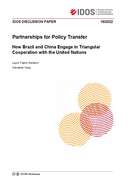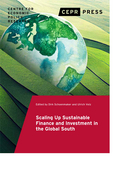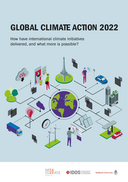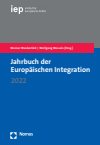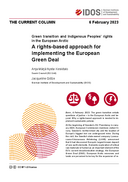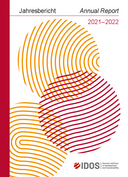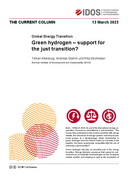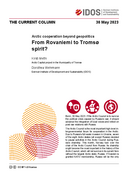897 results
Displaying results 721 to 740 of 897.
- Policy Advice
- Team
- Events
-
- IDOS Mission and Vision
- Organisational Structure (PDF)
- Boards and Bodies
- Safeguarding good scientific practice and research ethics
- Prevention of Corruption
- Sustainability Management
- Working and Family Life
- Career & Internships
- Contact & Directions
- Procurement
- Declaration of accessibility
- Sign Language


